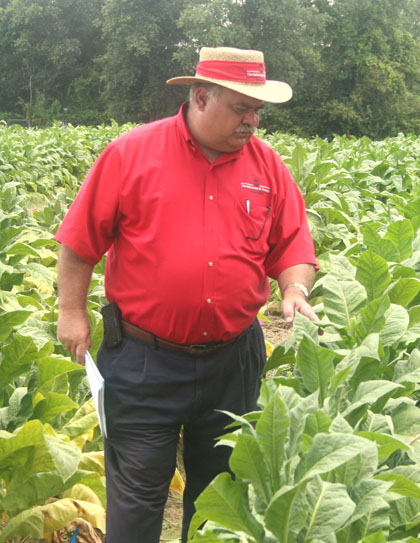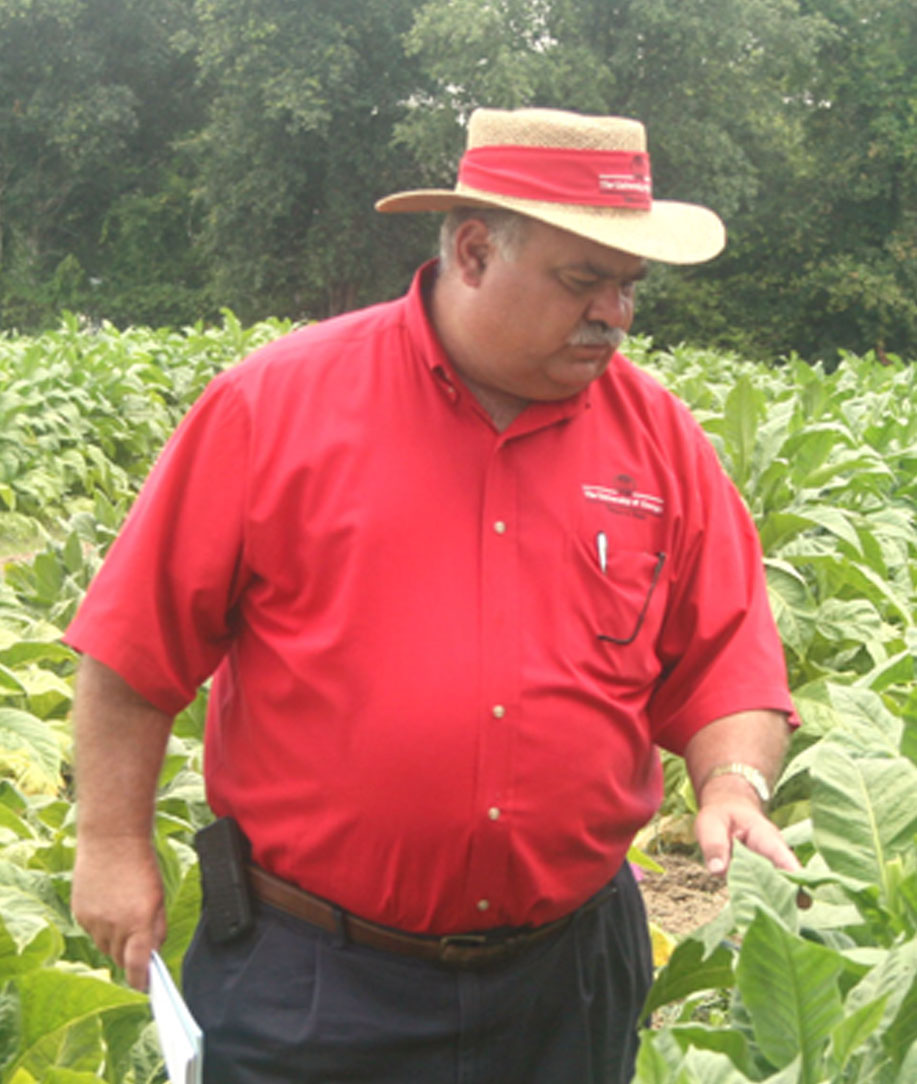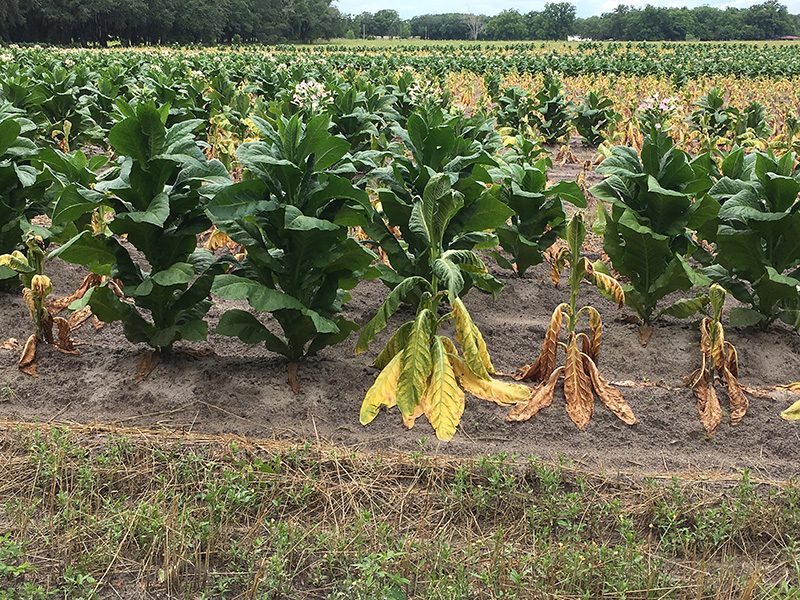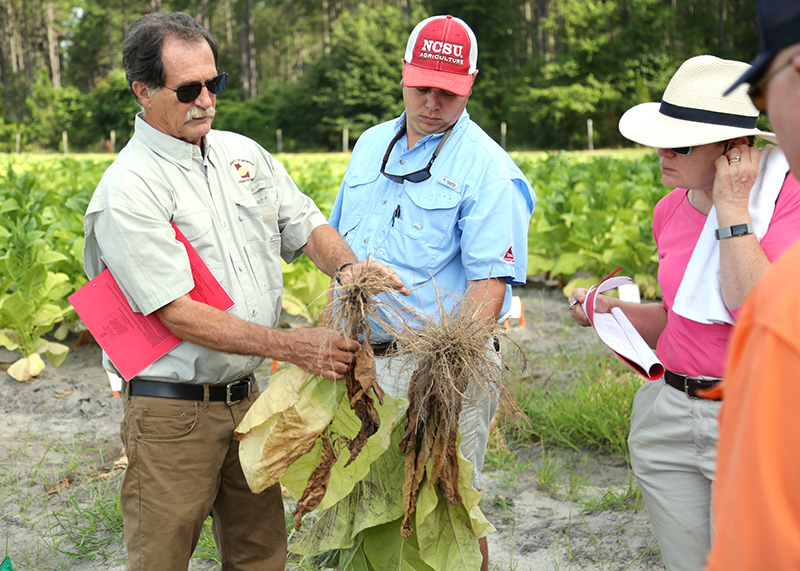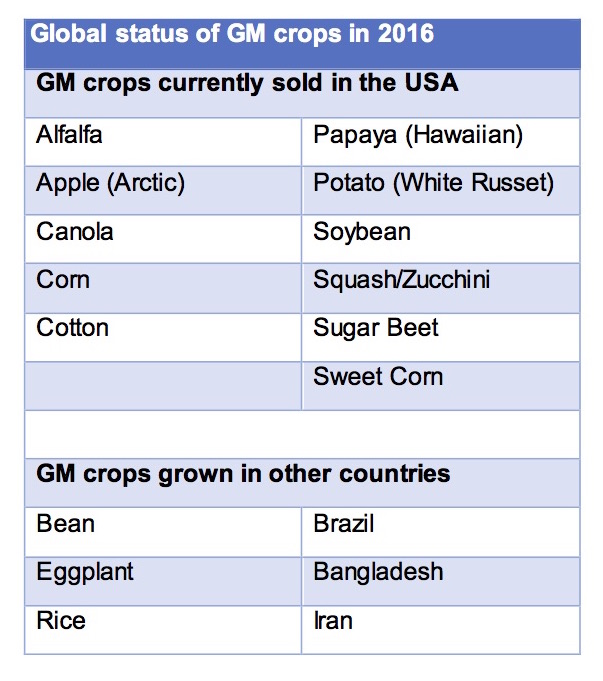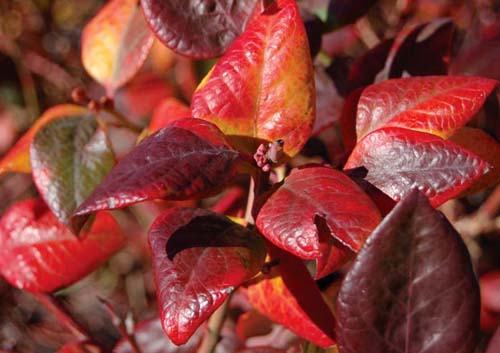With fewer farmers growing tobacco, it can be hard for the farmers who are still in the business to find the resources they need.
According to the UGA Farm Gate Value, tobacco raked in $53.7 million in 2011. It was an improvement from the $46.3 million generated in 2010 but far less than the $69.5 million generated in 2008.
“We’ve come from 20 years ago when we were at 48,000 acres, now down to 11,000 or so this year,” said J. Michael Moore, University of Georgia tobacco agronomist. “We’re down to 150 or less tobacco growers, but we have some young growers. We have some returning growers that are coming in and adding to our numbers and to our production.”
Moore helped to organize the Tobacco Tour, held June 10-12, to showcase the latest tobacco research for Georgia and Florida tobacco agribusiness supporters and included a stop at the University of Georgia College of Agricultural and Environmental Sciences Tifton campus.
“It has always been an opportunity to showcase the work of Extension and research scientists here at the University of Georgia,” Moore said. “We’ve looked at work on farms to present new and better ideas for growers to make better crops. We’ve looked at work here at the Experiment Station, particularly at the Bowen Farm, where we have seen researchers working on things that are yet to go to the farm.”
At stops in Waresboro, Ga., and Lake City, Fla., talks focused on fertility, insecticides, weed control, correcting pathogen problems, and pest management. On-farm demonstrations were also conducted in north Florida and south Georgia, including UGA’s Bowen Farm in Tifton.
There was also discussion about why tobacco acreage in Georgia has shrunk over the past several years.
Moore attributes the lowered production to the Fair and Equitable Tobacco Reform Act of 2004. The legislation, signed by then-President George W. Bush, helped establish the Tobacco Transition Payment Program, also known as “tobacco buy-out.”
Many growers who were approaching retirement age were bought out and have been collecting checks for the past nine years. Their final checks are due in January 2014. With so many tobacco farmers taking early retirement, most of their children had little or no interest in continuing a family business that is so labor intensive with equipment that’s depreciated and worn out.
“It simply seemed like a time with high grain prices, high peanut prices, high cotton prices, to look at some of those that could be farmed from the cab of a tractor, rather than getting quite so dirty or sweaty and having to deal with quite as much labor [as tobacco],” said Moore during this week’s Tobacco Tour event in north Florida and south Georgia.
For more information about tobacco research at UGA, visit caes.uga.edu/commodities/fieldcrops/tobacco/.

